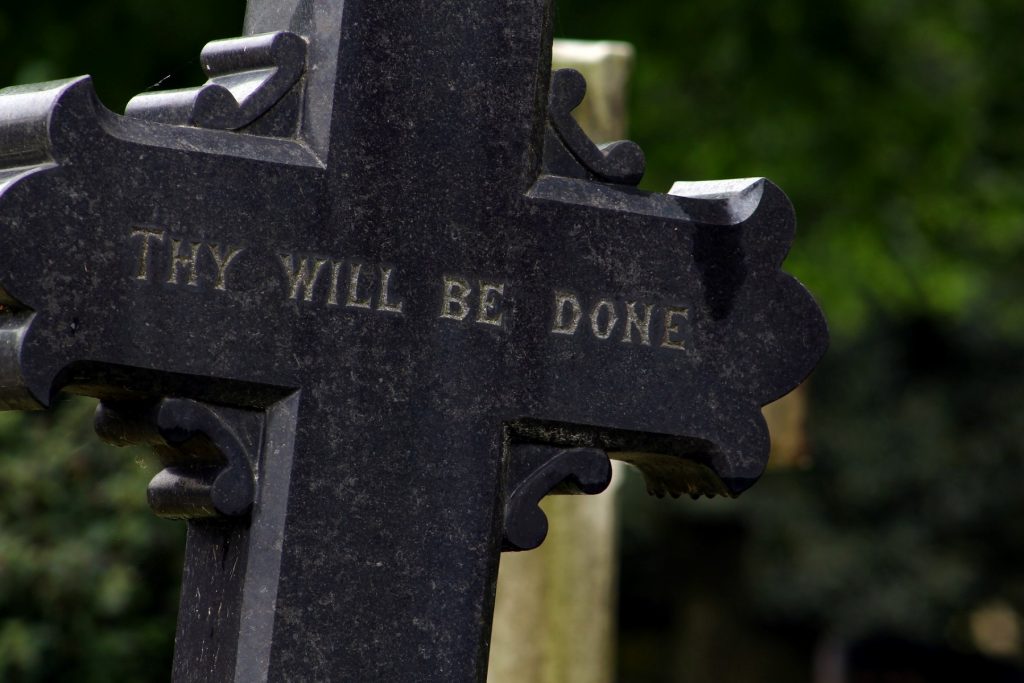Doers of the Word
Sept. 26, 2021
My will to go where?
I suspect that today’s Gospel has some of us running to our Catechism of the Catholic Church and reading paragraphs 1035 and 1037! “The teaching of the Church affirms the existence of hell and its eternity. Immediately after death, the souls of those who die in a state of mortal sin descend into hell… the chief punishment of hell is eternal separation from God, in whom alone (wo)man can possess the life and happiness for which (s)he was created and for which (s)he longs.” (1035) “God predestines no one to go to hell.” (1037)
This teaching has been constantly reaffirmed throughout Church tradition. Some people struggle with the question of how a good God could send someone to hell. But the truth of Jesus’ teaching is that we choose our own destiny. With every decision and action over the course of a lifetime, we orient ourselves either to heaven or to hell, and at the moment of death, we embrace what has truly become our choice.
C.S. Lewis expresses it well: “There are only two kinds of people in the end: those who say to God, ‘Thy Will be done,’ and those to whom God says, in the end, ‘Thy will be done’. All that are in hell, choose it. Without that self-choice, there could be no hell.” (C.S. Lewis, The Great Divorce, New York: Macmillan, 1946, pgs. 72-73)
But God never ceases to hold out his unfathomable mercy, even at the very moment when a person steps over the threshold into eternity. Our present Pope Francis speaks often of mercy. I think he will be called “The Pope of Mercy.”
Jesus’ warnings can help us have a healthy hatred of sin, especially the sin toward which we are most inclined. Recognizing our responsibility to others we can avoid speech, attitudes, or conduct that could cause others to stumble. I heard of a story where the hosts quietly avoided serving alcohol, aware that one of their guests was struggling with alcohol addiction. Life and healing are in the details.

